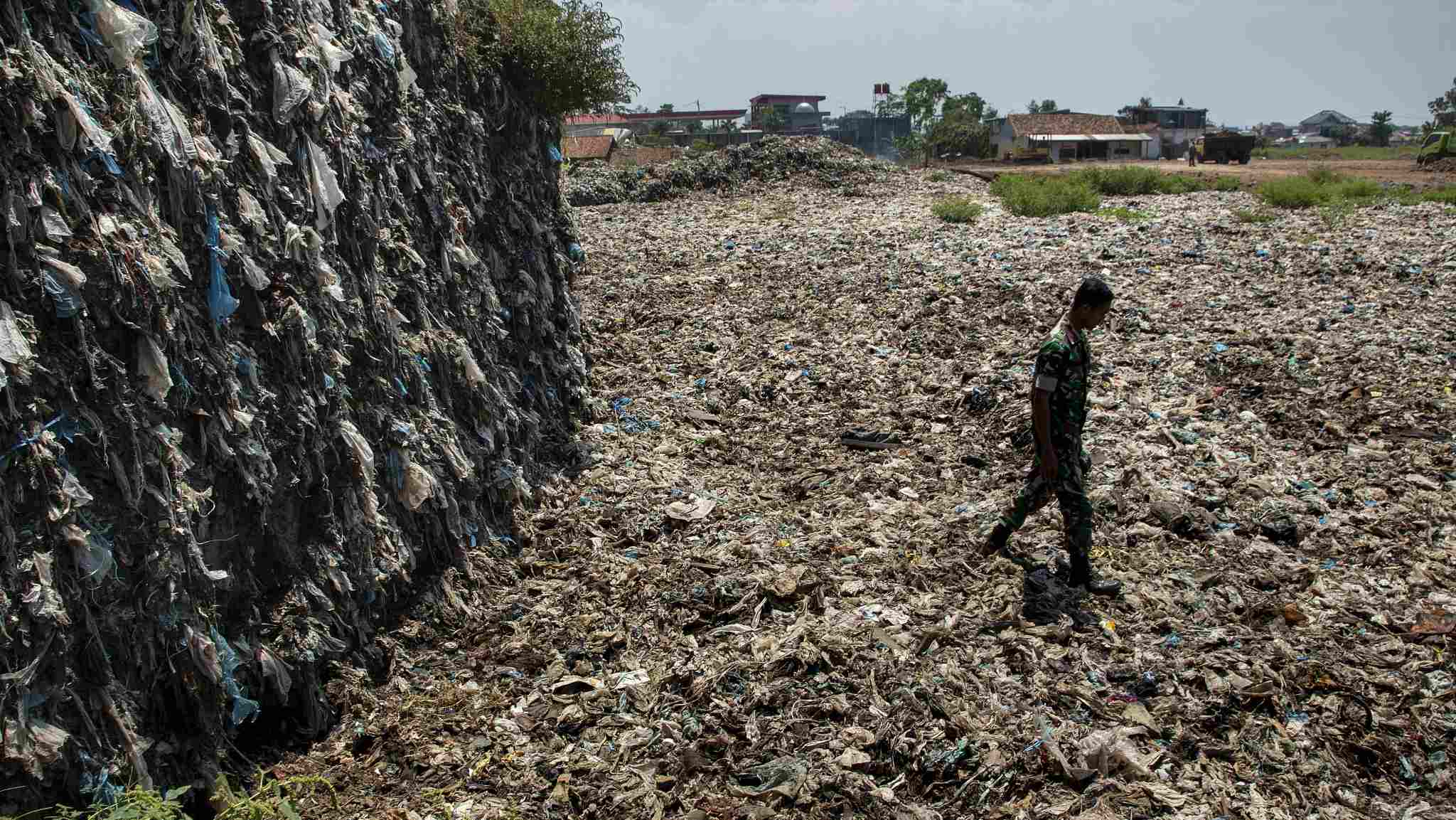
Tech & Sci
16:19, 25-Oct-2018
EU ban on single-use plastics may halt dumping in SE Asia
Updated
15:21, 28-Oct-2018
Alok Gupta

The European Parliament vote for a comprehensive ban on single-use plastic is likely to come as a relief to many SE Asian countries facing large-scale dumping of waste from western countries.
Members of European Parliament (MEP) in Strasbourg, France on Wednesday voted fiercely to ban single-use plastic items such as plates, cutlery, straws, cotton buds, and related products.
“These products, which make up over 70 percent of marine litter, will be banned from the EU market from 2021, under draft plans approved by Parliament,” EU statement maintained.
Apart from plastics, MEPs also proposed to reduce single-use packaging products like the burger, sandwich boxes, fruit, vegetable, desserts including ice creams containers by nearly 25 percent by 2025. Plastic bottles will be required to be collected and recycled at a rate of 90 percent.
A recent European Commission report revealed more than 80 percent of marine litter consists of plastics. By 2030, there would be more plastic in the oceans than fish, the report warned.
The proposal also mandates to reduce waste from tobacco products, particularly cigarette filters. Cigarette butts waste would be reduced by 50 percent by 2025 and 80 percent by 2030.
“A single cigarette butt pollutes between 500 and 1000 liters of water, takes up to 12 years to disintegrate. They are the second most littered single-use plastic items,” EU statement maintained.
The EU parliament voted for the ban on single-use plastic by 571 votes for, 53 against and 34 abstentions. “Today's vote paves the way to a forthcoming and ambitious directive,” Frédérique Ries, MEP behind the legislation said.
Environmental damage caused by plastic pollution is likely to boom to 22 billion euros (25 billion US dollar) by 2030, according to recent estimates.
EU ban likely to come as a relief for SE Asian countries facing an influx of plastic from western countries
Following China's ban on waste import, enforced early this year, many SE Asian countries are inundated with plastic dumped by a few developed countries. A Greenpeace investigation recently exposed large-scale dumping of waste in various parts of Malaysia from the UK.
Apart from Malaysia, other Southeast Asian countries including Thailand and Vietnam are also facing massive waste dumping by western countries. While Thailand announced to ban foreign waste import by 2021, Vietnam has enforced a temporary ban after it ports choked with containers filled with plastic and paper.
“The EU vote comes as an example to other governments to formulate similar legislation. The single-use plastic ban will act as a relief to SE Asian countries that recently became a hotspot for waste dumping after China shut its doors on waste from the west,” Von Hernandez, global coordinator of Break Free from Plastics told CGTN.
The World Wildlife Fund welcomed EU lawmakers decisions but underlined a few gaps still exist in the proposed legislation.
“To not include light-weight plastic bags, one of the most pervasive forms of marine litter and one of the easiest plastic items to replace with sustainable alternatives, is extremely disappointing,” Samantha Burgess, Head of Marine Policy at WWF said.
(Cover: Indonesia's Citarum River has been declared as world's most polluted river by World Bank due to massive plastic pollution, August 28, 2018. /VCG Photo)

SITEMAP
Copyright © 2018 CGTN. Beijing ICP prepared NO.16065310-3
Copyright © 2018 CGTN. Beijing ICP prepared NO.16065310-3